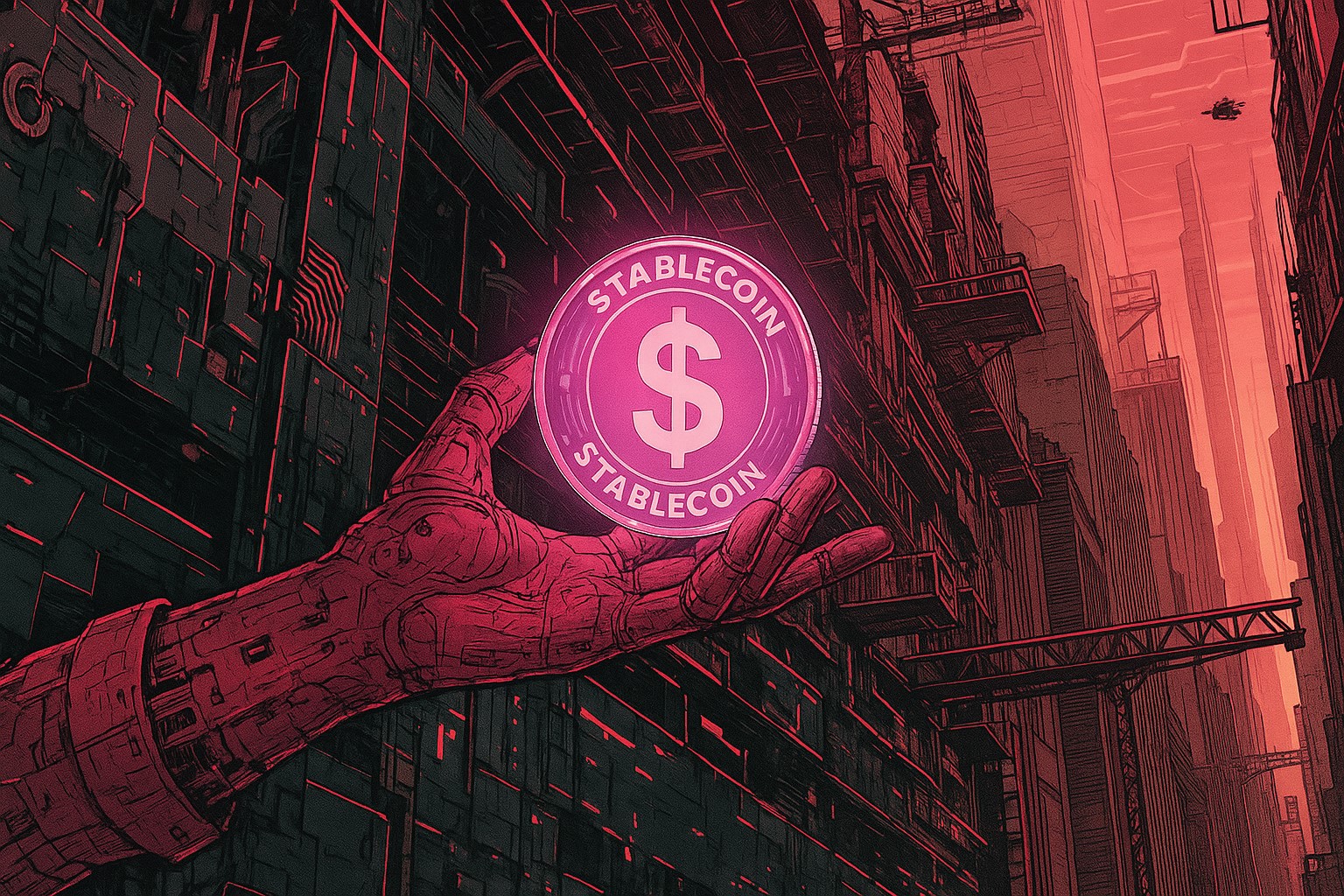Telegram CEO Pavel Durov will not attend the Oslo Freedom Forum in person after a French court denied his request to travel, citing ongoing legal restrictions. The event, hosted by the Human Rights Foundation (HRF), will instead feature Durov via remote address.
“His voice is vital at a forum dedicated to free expression,” said Thor Halvorssen, HRF’s founder, expressing disappointment in the court’s decision.
Legal Oversight Intensifies for Durov
The travel ban follows Durov’s September 2024 arrest and a six-count indictment in France. Though previously granted permission to travel to Dubai, Durov has now been barred from visiting both Norway and the U.S., where he was scheduled for investment meetings.
Durov, a citizen of both France and the UAE, remains under strict legal monitoring. French prosecutors cited insufficient justification for his most recent travel request.
Accusations of Political Censorship Surface
In a public post, Durov accused French intelligence chief Nicolas Lerner of pressuring him to censor conservative voices on Telegram ahead of Romania’s presidential election. He claimed the meeting took place at Hôtel de Crillon in Paris, where he refused the request.
“Telegram won’t participate in political censorship—even if it means leaving entire countries,” Durov stated, defending the platform’s record of upholding speech in Russia, Belarus, and Iran.
Telegram Deletes Channels in $35B Criminal Probe
Telegram has also come under scrutiny for enabling Chinese-language crime networks linked to cyber fraud and trafficking. An investigation by Elliptic revealed that Telegram hosted two major groups:
- Huione Guarantee, linked to Cambodia’s elite: $27B in illicit USDT transfers
- Xinbi Guarantee: $8.4B in crypto laundering
These groups used Telegram to traffic stolen data, fake IDs, and scam victims. Some operations were traced to human trafficking compounds disguised as job offers.
Remote Keynote to Address State Overreach
Although unable to attend in person, Durov will deliver a virtual keynote highlighting state-driven censorship, regulatory pressures on encrypted platforms, and Telegram’s stand for decentralized digital freedom.



